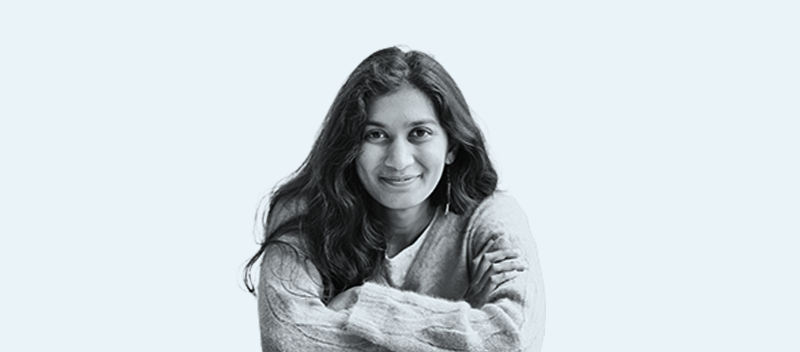All through my schoolyears, we had physical newspapers delivered home. Every morning, I would listen for the heavy thwack of a bundle falling against the front door. Being lowest in the pecking order, I waited for both father and grandmother to select their preferred papers before collecting the leftovers.
I graduated from only reading the comic strips to skimming the headlines and finally, when I was older, spreading the paper wide open on the floor to savour the articles with a cup of tea. Later, as a student of communications, the intention behind the articles became just as interesting as the content. Who decides what ‘news’ is and how much is necessary for an article? What gets to be front page news? Why is the intention important anyway?
It truly hit home why it’s important to be aware of the frames you use to see the world when I came here and read how Indian news is reported by international journalists. My intention here is not to criticise but to be aware that how something is written and who writes it, is as important as what is written. Because what we usually accept as truth is someone’s filtered version of the world.
Because what we usually accept as truth is someone’s filtered version of the world
In an age where we have information spilling out of every digital crack imaginable, the words of Abe Weismann ring truer than ever before- if you’re going to have a voice, you better be careful what it says. I’m under no delusion that my occasional column is as impactful as a widely circulated newspaper, but every few weeks I write a column about my international student experience. And when faced with a blank page, I ulcerate over the topic because mine is just one of a thousand different experiences. I happen to have this space for expression. As the article wooshes into my editor’s inbox, I wonder about its impact. Is it representative enough?
Writing a column has felt a bit like presenting to a class of students whose expressions you cannot read. You can’t tell if they relate to your ramblings, disagree or have wildly different experiences. OR they’re not listening at all because they’ve spotted a big stain on your sweater and are wondering what you could have spilled on it.
Ananya Doraswamy is a Master’s student in Communication, Health and Life Sciences from India. She delights in a slow-paced day that has plenty of time for cloud-watching and tree-gazing. She enjoys being in busy, multicultural kitchens that have plenty of food and stories to offer.

 Photo Guy Ackermans
Photo Guy Ackermans 

